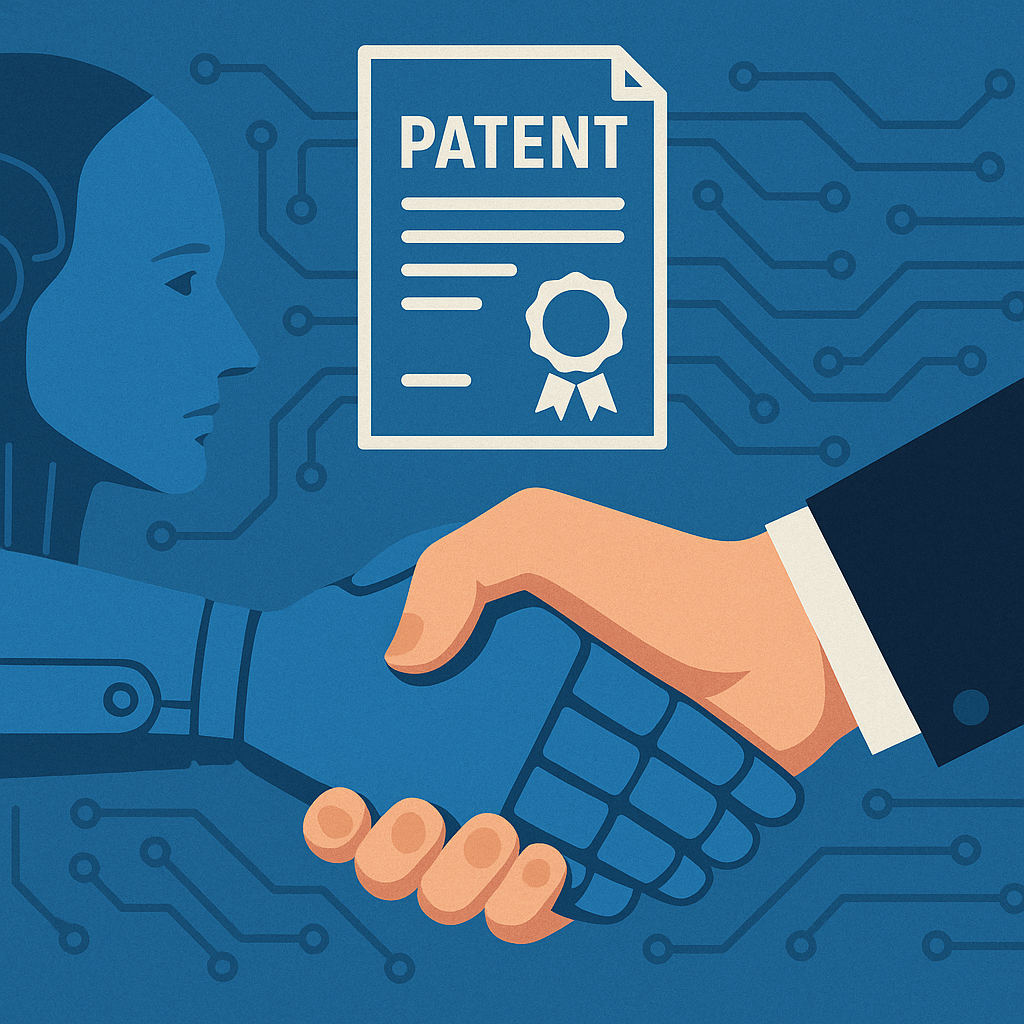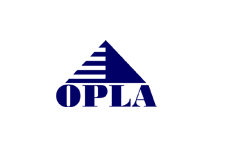AI, Invention, and the Next Great Legal Headache
Under current U.S. law, only natural persons can be inventors. But as highly specialized AI models become part of the R&D process, we’re hitting new and awkward questions: Could the developers of an AI system—who never set foot in your lab—end up co-owning your invention just because their code contributed a crucial piece?
Recent USPTO guidance (Feb 2024) clarifies that AI itself cannot be an inventor, but if a human “builds or trains” AI with a specific inventive goal in mind, that person could become a co-inventor if their work meaningfully shapes a downstream patent. In other words, inventorship could leap from the lab… to the code.
Why It’s Not Science Fiction (Or Just a Big Company Problem)
Major AI firms are racing to build domain-specific models that “invent” drugs, materials, algorithms, and products. When you use one of these AI tools to develop a new compound, material, or algorithm—who really invented it? If the AI was just a generic tool, you’re safe. But if the AI was intentionally designed to solve a specific problem, its developers may have a legitimate claim to co-inventorship and even patent co-ownership.
- If you simply use a general AI tool (like ChatGPT): You’re the inventor. The AI company can’t claim your work.
- If you use a purpose-built AI created to solve your exact problem: The AI developers may have a claim—especially if their work was targeted to help generate the inventive solution.
What’s at Stake for Inventors, Startups, and AI Developers
- Unwanted co-inventors: You might have to name an AI developer as a co-inventor (and co-owner) of your patent—even if you never met them.
- Surprise legal risks: If you skip this analysis, you risk invalid patents or expensive ownership disputes later.
- Chilling effect: Innovators may avoid powerful AI tools from third parties out of fear of losing ownership—or risk missing out on game-changing discoveries.
The Bottom Line: Clarity is Coming (But Not Fast Enough)
The USPTO’s latest guidance is a start, but doesn’t answer every question. Until the law catches up, every AI-powered invention needs an honest inventorship analysis.
If you’re using or building AI tools, don’t go it alone—get patent counsel early.
Have questions about inventorship, ownership, or protecting your AI-powered inventions?
Contact me for a real-world consult.



